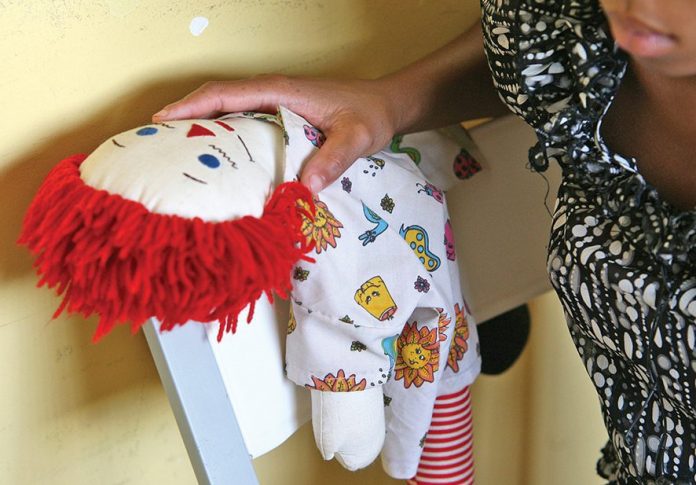The rural area of uMzimkhulu in KwaZulu-Natal is plagued by an assortment of human rights violations including high levels of child marriages, gender-based violence, child abuse and neglect, the Commission for Gender Equality (CGE) said this week.
The commission has been working with the community of uMzimkhulu since 2019 after an NGO alerted it to the case of a 15-year-old who was married off to an older man.
In its work, the CGE was accompanied by officials of uMzimkhulu Municipality, one of four local municipalities of the Harry Gwala district, and non-governmental organisations in area.
The following are stories graphically captured by the commission:
“She is someone’s wife,” an elderly woman justified the pregnancy of a 16-year-old.“I was also 15 years old when I got married,” said another woman in support of the marriage of a young teen.
“I can’t say or do anything when my husband and his brothers are sitting in the kraal excited about the impending lobola process for my child,” says another woman about her 16-year-old girl.
CGE provincial manager Zanele Ncwane said a teacher who learnt, after one of her pupils did not come back from school holidays, that “she got married”, notified the NGO, which in turn enlisted the service of the commission to raise awareness on the gender rights.
About 90.8% of the population of the district resides in rural areas. “We conduct sessions in different parts of uMzimkhulu and with each session we realise that people do not understand the laws of the country.
“When it comes to teen pregnancies and early marriages, they are still using the traditional outlook,” she said.
“It is regarded as a wonderful thing in uMzimkhulu when a girl of 17 years is ‘spoken for’ by an adult male,” she said.
“Families celebrate the marriage of a teenager, some as young as 15.
“You also realise how officials, for example, in the education and the police departments are not complying with legal prescripts,” she said.
With the residents of uMzimkhulu being predominately Zulu and Xhosa, she said patriarchy was supported by women who are themselves victims of early marriages.
“The men and women hide behind culture and tradition to justify practices that are not in line with the laws of the country,” said Ncwane.
Buyiswa Maqhekeza, community support worker, told the people gathered at the hall to allow children to enjoy being children. “Children are getting married at a young age and as parents you support them.”
The CGE education officer said even the allocation of duties in the household disadvantages girls and puts them at risk of sexual abuse and rape.
The Cultural, Religious and Linguistic (CRL) Rights Commission referred Sunday World to its report, “Public hearings and research on the practice of ukuthwala: views and perspectives emerging from South African communities”.
In the report, ukuthwala is recognised by consent from both genders who are peers, adding that the traditional practice of arranged and early marriages has been abused to commit crimes against children.
In its recommendations, the CRL calls on the department of social development to implement the child protection measures in line with the Children’s Act to safeguard children.
“The department of justice and correctional services must immediately start prosecuting the cases of the perpetrators who have abducted girls in the past and those who are abducting them presently,” says the report.
The report also stated that the houses of traditional leaders, national and provincial, must loudly condemn criminal violent actions and must expose those in their villages who commit crimes against children and women in the name of culture.
Follow @SundayWorldZA on Twitter and @sundayworldza on Instagram, or like our Facebook Page, Sunday World, by clicking here for the latest breaking news in South Africa.



